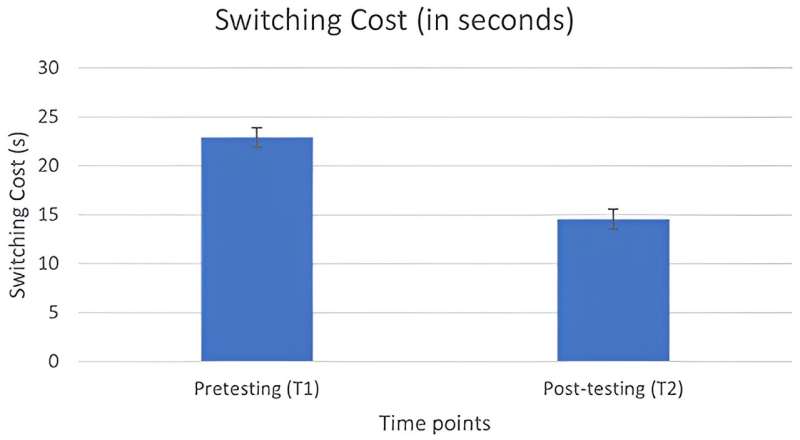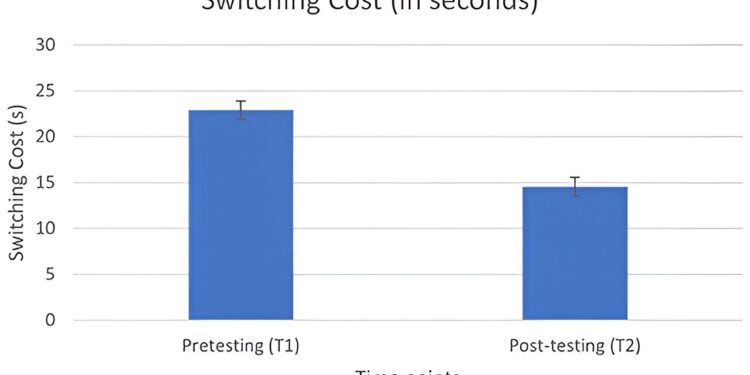
Interpreters, translators and subtitlers should not fear artificial intelligence (AI), as training in new forms of real-time human-AI interaction (HAII) can increase their working memory and task-switching abilities, according to new research from Surrey’s Centre for Translation Studies (CTS).
The project focused on Interlingual Respeaking (IRSP), a new practice where live subtitles in another language are created through the collaboration of human and speech recognition software. IRSP is a cognitively demanding, real-time process where a language professional simultaneously translates incoming spoken language while also adding punctuation and content labels orally, as well as applying any editing required to speech recognition software that turns what the language professional says into subtitles.
The research included a purpose-made 25-hour upskilling course on IRSP (involving 51 language professionals), exploring its effects on cognition, particularly executive functioning (EF) and working memory (WM) that were measured before and after the course.
Dr. Anna-Stiina Wallinheimo, Research Fellow at CTS with expertise in Cognitive Psychology and Fellow of Surrey’s Institute for People-Centred AI, said, “Our research findings demonstrate that training in new forms of real-time human-AI interaction, such as Interlingual Respeaking, can enhance the cognitive abilities of language professionals, giving them an advantage in a quickly evolving industry.”
Dr. Elena Davitti, Associate Professor at CTS and Principal Investigator of the project said, “The language industry, marked by the rapid growth of AI-related technologies like automatic speech recognition and machine translation, has seen an increased reliance on human-AI interaction. Our research provides valuable empirical insights into the cognitive demands of these complex practices, paving the way for enhanced approaches to upskilling.”
As AI continues to reshape the landscape of language-related practices, this study not only highlights the crucial role of human-AI collaboration but also identifies language professionals’ need for continuous exploration and adaptation in an ever-evolving field.
The study, which draws on a wider experiment carried out within the SMART project (Shaping Multilingual Access through Respeaking Technology, ES/T002530/1, 2020–2023) including Dr. Simon Evans as a Co-investigator and wider international consortium of academic and industry stakeholders, has been published in Frontiers in Artificial Intelligence.
More information:
Anna-Stiina Wallinheimo et al, Training in new forms of human-AI interaction improves complex working memory and switching skills of language professionals, Frontiers in Artificial Intelligence (2023). DOI: 10.3389/frai.2023.1253940
University of Surrey
Citation:
Using AI-related technologies can significantly enhance human cognition, finds study (2023, December 18)
retrieved 19 December 2023
from https://techxplore.com/news/2023-12-ai-related-technologies-significantly-human-cognition.html
This document is subject to copyright. Apart from any fair dealing for the purpose of private study or research, no
part may be reproduced without the written permission. The content is provided for information purposes only.









